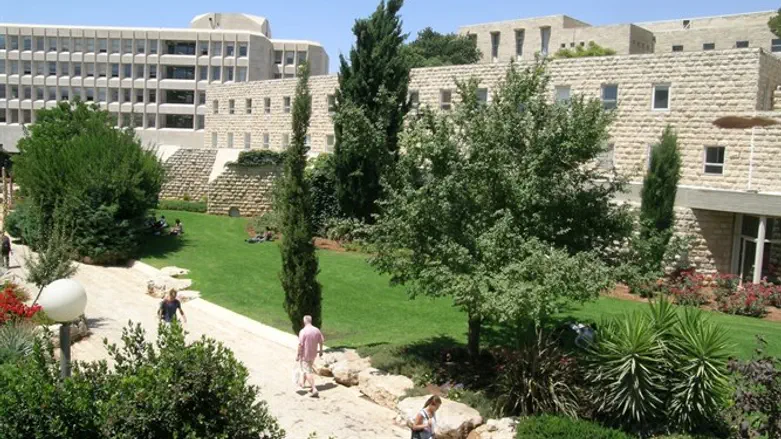
On Tuesday, Hebrew University hosted the world's first Israel-Asia Faith Conference. The conference, titled, "Ancient Traditions, Contemporary Realities: A Meeting of Israel-Asia Faith Leaders," is part of a groundbreaking initiative to close gaps and create a partnership between religious leaders of different faiths.
"That this day took place, and at the [Hebrew University] Truman Institute is natural, because the Institute is a meeting place where politics, religion, and culture come together," said Bawa Jain, Secretary General of the World Council of Religious Leaders.
The conference began with meditation and prayer. The discussion then turned to the role of a country's religious leadership in the peacemaking process, and how to protect the environment and ecology during this globalized, industrial period.
Included in the Asian delegation were representatives from Taiwan, South Korea, India, China, Japan, and Myanmar. Leading over three billion people, or 40% of the world's population, these religious leaders represented a wide variety of faiths, included Hinduism, Jainism, Zoroastrianism, Shintoism, Taoism, Sikhism, and Buddhism.
Meeting with these representatives were their Israeli counterparts, from both academia and the rabbinate. The meeting was organized by the Israeli Foreign Ministry, the World Council of Religious Leaders, and the American Jewish Committee.
With today's shaky economy worldwide, and widespread fears that World War III is on the horizon, in addition to Europe's BDS movement, strengthening Israel's ties with Asia has become of prime importance.